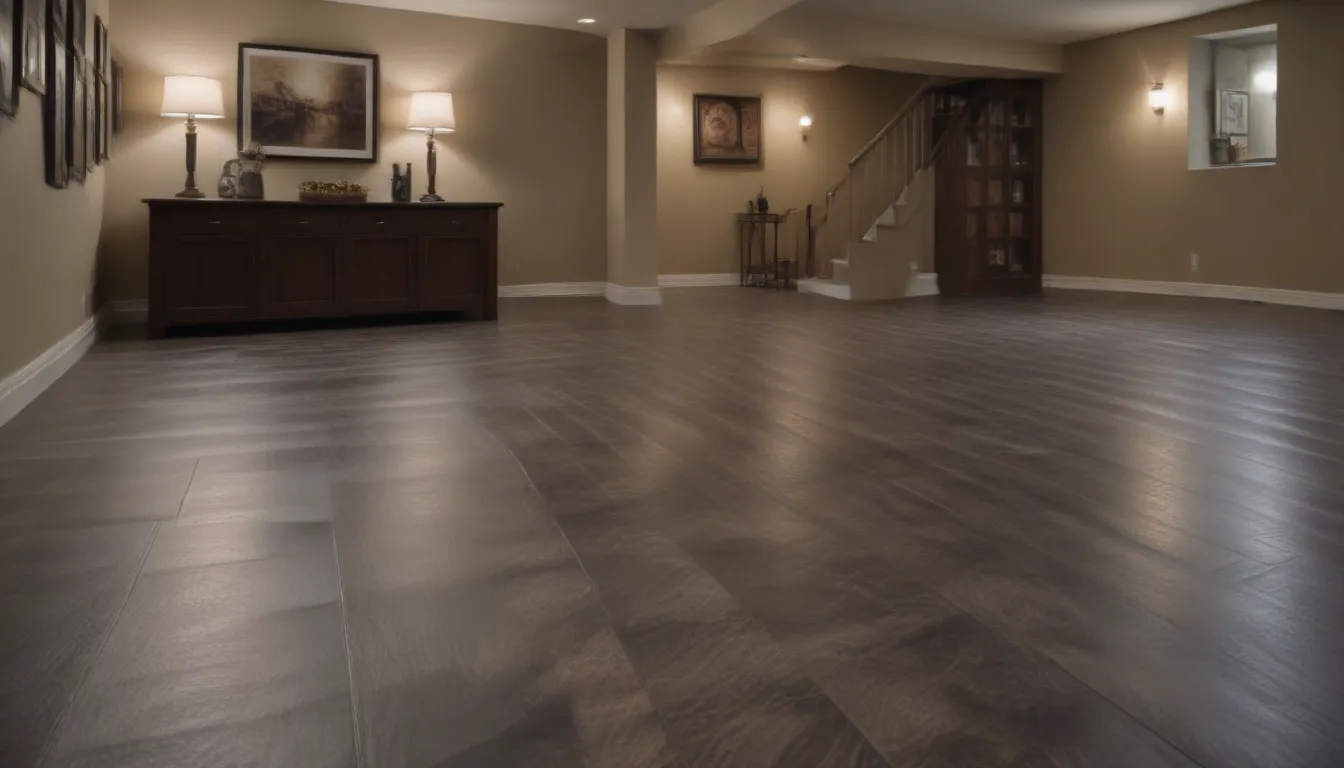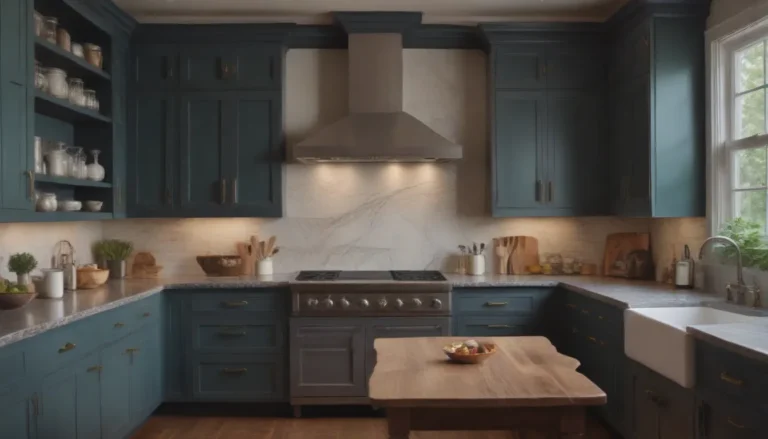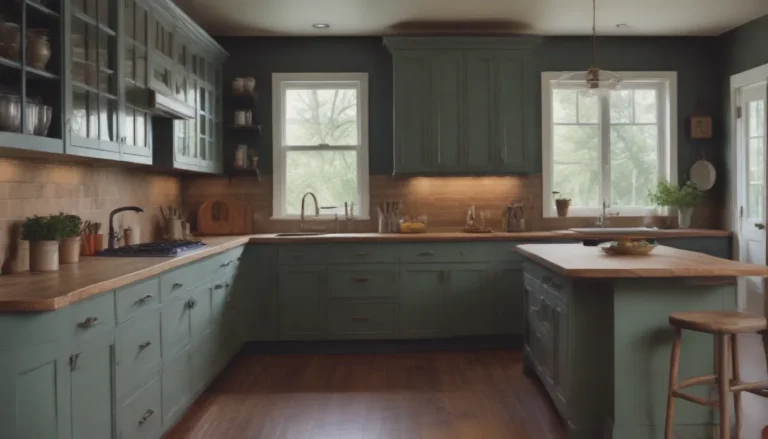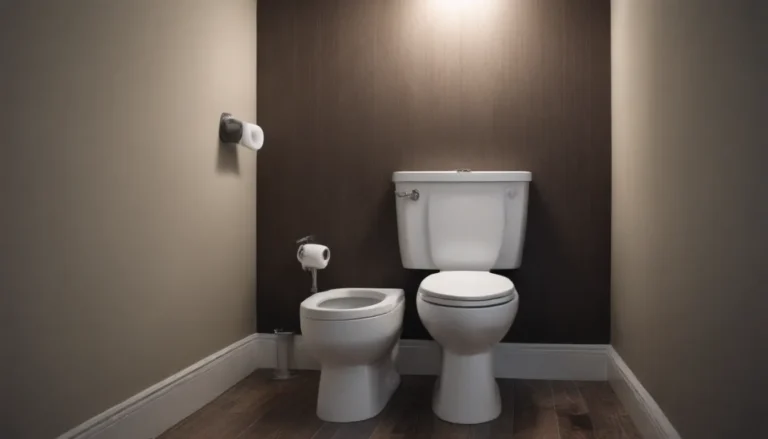Transform Your Basement with Waterproof Vinyl Flooring

Are you looking to upgrade your basement flooring but hesitant due to moisture concerns? Look no further than vinyl flooring for basements! Basements are notorious for moisture issues, whether it’s from below rising through the concrete slab or from potential flooding. With vinyl flooring, you can tackle these challenges head-on. In this comprehensive guide, we will delve into the world of vinyl flooring for basements, discussing its water resistance, types available, installation tips, and more. Let’s get started on transforming your basement into a functional and stylish space.
Understanding Water Resistance in Vinyl Flooring
One of the key benefits of vinyl flooring is its water resistance. Being largely made of plastic, quality vinyl flooring is highly resistant to water damage. While some manufacturers may advertise their vinyl flooring as waterproof, it’s essential to note that no material is entirely impervious to water. However, vinyl flooring comes close, making it an ideal choice for covering concrete basement floors.
In below-grade basement locations susceptible to water damage, vinyl flooring shines. To enhance its waterproof properties, consider applying a waterproofing membrane to the concrete floor before installing the vinyl flooring. This extra layer of protection can safeguard your flooring against moisture seepage and potential flooding incidents. Generally, vinyl flooring can withstand normal surface water exposure and occasional dampness from the concrete slab beneath. If you’re dealing with excessive water in your basement, it’s best to address the underlying issues before finishing the space.
It’s crucial to note that the water-resistance of vinyl flooring pertains to the flooring itself. Introducing materials like plywood underneath the vinyl, for cushioning purposes, can compromise its moisture resistance and void the warranty. To maximize the benefits of vinyl flooring for basements, adhere to manufacturer guidelines and avoid unnecessary layers between the vinyl and the concrete subfloor.
Types of Vinyl Flooring for Basements
When it comes to vinyl flooring for basements, the options are abundant. However, for a hassle-free installation over concrete, consider two standout choices: sheet vinyl and vinyl planks.
- Sheet Vinyl: This durable flooring option is fiberglass-reinforced and comes in a large sheet that you can cut to fit your space. If multiple sheets are required, seam them together with double-sided tape, sealed with the manufacturer’s seam sealant for a seamless, water-resistant finish.
- Vinyl Planks: Known for their luxury appeal, vinyl planks are wide strips that interlock to create a continuous layer over concrete. The ease of installation makes planks a preferred choice for beginners, allowing for quick adjustments and replacements if needed.
Selecting the right type of vinyl flooring for your basement depends on your aesthetic preferences, budget, and installation expertise. Both sheet vinyl and vinyl planks offer durability and water resistance, making them ideal candidates for basement renovations.
Installation Tips for Vinyl Flooring
While your flooring manufacturer’s instructions should be your go-to guide for installation, here are some general tips to ensure a successful application over concrete:
- Clean and Smooth: Prepare the concrete subfloor by cleaning it thoroughly and ensuring it’s smooth and level for optimal vinyl flooring installation.
- Double-Cut Seams: When seaming multiple sheets of vinyl together, double-cut the seams for a precise fit and secure with adhesive or sealant.
- Leave Expansion Gaps: Allow for expansion gaps around the perimeter of the room to accommodate fluctuations in temperature and humidity.
- Tuck Under Trim: Trim pieces should be installed over the vinyl flooring, but avoid tucking it under cabinets to prevent potential issues with movement.
By following these installation tips and heeding manufacturer guidelines, you can achieve a flawless finish with your vinyl flooring for basements. Whether you opt for sheet vinyl or vinyl planks, ensure proper preparation and attention to detail for long-lasting results.
Bringing Style and Functionality to Your Basement
With the versatility and water resistance of vinyl flooring, transforming your basement into a functional and stylish space is within reach. Whether you’re creating a cozy entertainment area, a home gym, or a playroom for the kids, vinyl flooring offers durability and ease of maintenance for high-traffic areas. Say goodbye to damp, musty concrete floors and hello to a welcoming environment that reflects your personal style.
In conclusion, vinyl flooring for basements is a practical and aesthetically pleasing solution for addressing moisture concerns and enhancing your basement’s overall appeal. Consider the benefits of water-resistant vinyl flooring, explore the various types available, and follow best practices for installation to achieve a successful basement renovation. Don’t let moisture dampen your design dreams – embrace the versatility and resilience of vinyl flooring for a basement you’ll love spending time in.
Upgrade your basement with waterproof vinyl flooring today and unlock its full potential as a valuable living space in your home. Embrace the transformative power of vinyl flooring and create a basement that’s both beautiful and functional – the possibilities are endless!





